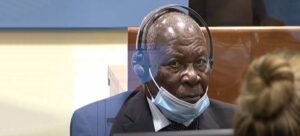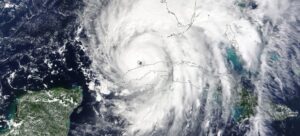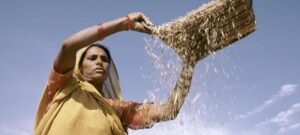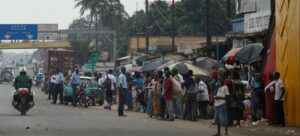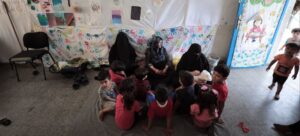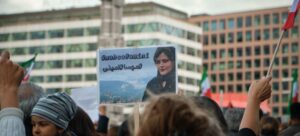Opening statements in the case against Félicien Kabuga are set for Thursday and Friday at the UN’s International Residual Mechanism for Criminal Tribunals (IRMCT), located in The Hague.
According to his indictment, Mr. Kabuga was a founder of the radio station Radio Télévision Libre des Mille Collines, whose broadcasts furthered hatred and violence against the Tutsi ethnic group and others.
He is charged with genocide, direct and public incitement to commit genocide, conspiracy to commit genocide, persecution on political grounds, extermination, and murder as crimes against humanity.
Prevention and accountability
“Our collective commitment not to forget constitutes a commitment to prevent” said UN Special Adviser on Genocide, Alice Wairimu Nderitu, in a statement issued on Wednesday.
“Accountability is prevention in itself and hence a deterrent for future crimes,” she added.
Ms. Nderitu said fair and credible judicial proceedings can also provide victims with a form of redress for the gross and systematic violations of human rights and humanitarian law that they have endured.
They can also help prevent and address feelings of frustration and bitterness, and the possible desire for retaliation.
However, when justice is not served, lingering perceptions of injustice can become a risk factor for further violence and possibly, atrocity crimes, she warned.
Collective responsibility
The Special Adviser commended the important work by the UN Mechanism on ensuring accountability for serious international crimes, including in the context of Mr. Kabuga’s alleged role in the genocide against the Tutsi in Rwanda, during which moderate Hutu, Twa and others who opposed the genocide, were killed.
Ms. Nderitu stressed that hate speech contributes to mistrust between communities. It also feeds what she called “an ‘us versus them’ narrative” and corrodes social cohesion between communities. In its most serious forms, hate speech can lead to incitement to violence and even genocide.
She said commitment to prevent atrocity crimes requires all relevant stakeholders to take appropriate measures against hate speech and incitement to discrimination, hostility, or violence.
“Literally all atrocity crimes were preceded by hate speech. Hence, it is our responsibility to pay particular attention to this phenomenon if we are really committed to prevent atrocity crimes,” she added.
Support UN Mechanism
Mr. Kabunga was apprehended in Paris in May 2020 by French authorities as a result of a joint investigation with the IRMCT.
At the time, he was among the world’s top fugitives, and had been wanted by the UN Mechanism since 2013.
The IRMCT performs essential functions previously carried out by the international tribunal for Rwanda, which closed in December 2015, and another for the former Yugoslavia, which concluded two years later.
Ms. Nderitu further called for countries to continue to fully cooperate with the IRMCT in the identification, arrest, detention, surrender, and transfer of accused persons who are still at large.
She also urged the international community to step up efforts to address and counter hate speech, and prevent incitement to violence, in line with the UN action plans.
